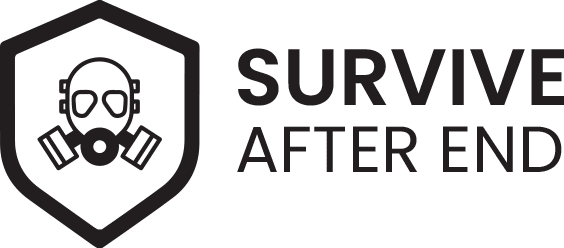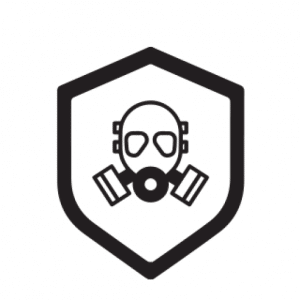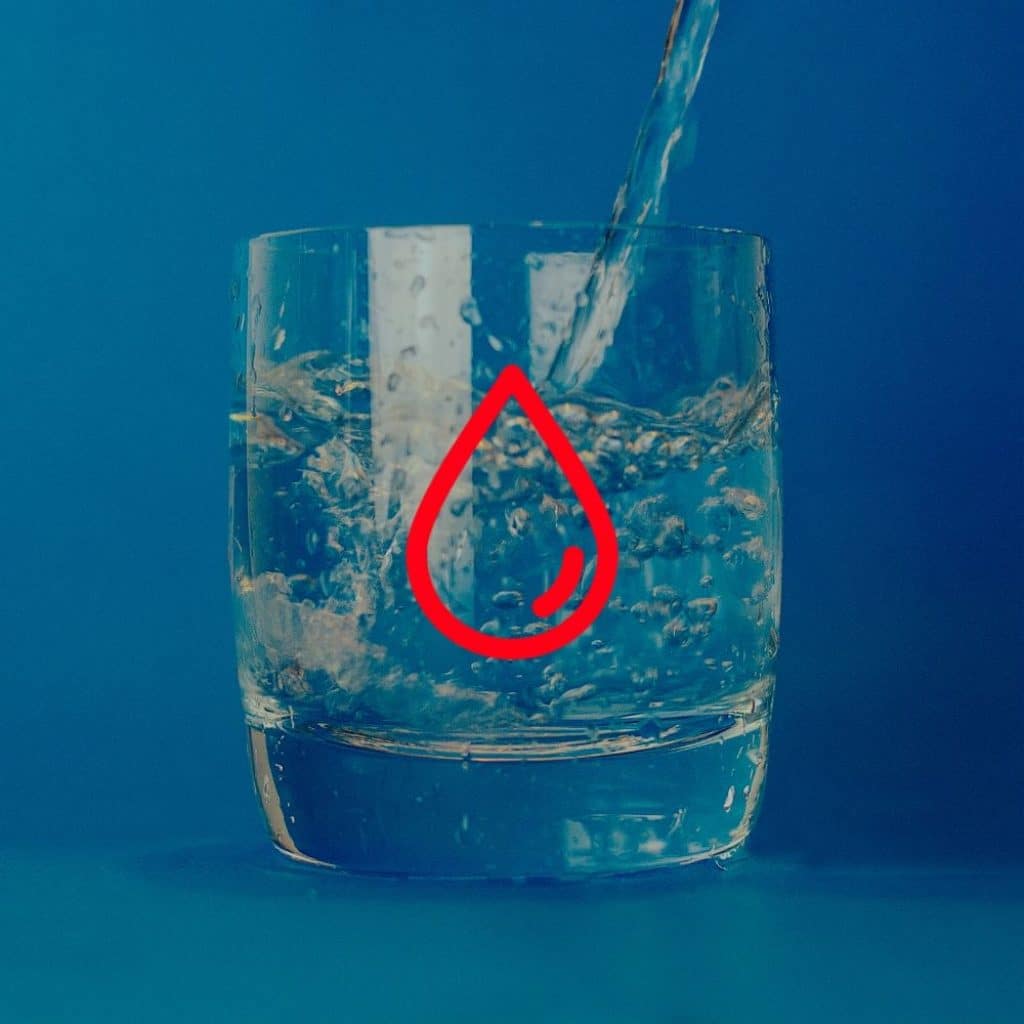How much water should you store in case of an emergency?
A lot of us have probably thought about what we would do in the case of an emergency, even as unlikely as it may seem in today’s world. Things that we take for granted in the Western World such as electricity, gas etc can all be taken out in hours if we were to find ourselves at war with a foreign enemy, nevermind a full-on apocalypse. One of the most basic things required for our survival is water, and in the case of an emergency, the luxury of running water could be taken away from us.
So that brings up the question, how much water should I store in case of an emergency? If you were wondering this then you have come to the right article! We will inform you about everything relating to emergency water supplies, ranging from how much to store, where to store it, how to purify it and much, much more! Let’s get into it!
Table of Contents
How much water should I store in the case of an emergency?
Before we get into how to keep your water safe and all the other essential knowledge, we must, first of all, get over just how much you need to keep stored.
The amount of water you should keep stored obviously depends on what type of emergency you are presented with, and ultimately, how long you will need to use the emergency water supply for.
In order to figure just how much water you would need to store, lets first get over how much water you need to drink a day to survive. The average adult, who is physically active, is recommended to drink around 2 litres of water a day. However, obviously that isn’t the bare minimum to survive. Now, you may think, “I don’t drink 2 litres of water every day”, however, that 2 litres applies for most fluids you drink such as coffee, tea, milk etc. So on average, you are probably consuming more than 2 litres of fluids a day.
The bare minimum you can drink and continue to be a healthy adult is around 1 litre a day (1.05 quart), anything less than that and you would begin to have health problems that you would eventually die too if you have to stay on that ration for a substantial amount of time. So, with the bare minimum figured out we can now do the maths to figure out just how much you should have stored.
So, the calculations you can use for this is 1 litre per adult, so depending on the number of adults your amount of litres will change. You will then times the litre by the number of days you want to have an emergency supply for. So, let’s say I have a small family (4 people) and the emergency will last a week at most, the amount of water I will need to have stocked up would be 4 people x 7 litres which equals 28 litres I would need to save up.
Obviously, if you’re a solo survivor then you would only need 7 litres saved in case of that emergency, which would be good enough to tide you through the emergency comfortably. However, I would recommend adding a week’s more supply on to the days you have already expected to have an emergency supply for just to be on the safe side.
Water Purification System
for Camping, Hiking, Backpacking and Trave
【Advanced purification System 】
【Long Lifespan & Replaceable 】
【Ultimate Wilderness Survival Assistant】
【Instant Fresh Water】
How would I store my emergency water?
Now you have figured out just how much water you will need in case of an emergency you now need to think about how you would store it. A lot of thought should go into this as you will probably need it stored for a long time and in that time it needs to stay safe to drink and uncontaminated.
Bottled Water:
The easiest and most cost-effective way of storing your water is by just buying a litre bottled water, which costs around £0.60 each (or around $0.80) depending on where you buy it from. Bottled water is already purified, relatively safe from contamination, is extremely cost-effective and has a shelf life of over 2 years, meaning you only need to replace it every 2 years. You can also buy it from practically anywhere.
Water Storage Tank
If you want to be more sophisticated however you could buy a water storage tank, which would be useful only for if your emergency scenario will play out over months of time. Water storage tanks cost a lot of money (£600/$760) for a 1000 litre tank. The problem with stored water is that you are generally required to replace the whole 1000 litres every year, which is frustrating since you will most likely never need to use it and the cost of a thousand litres of water can put your wallet behind a bit. However, if the emergency you have in mind lasts for a long time then it is definitely worth it, however, if your planned emergency only lasts for a few weeks at most then just getting the cost-effective bottled water would be the better option.
What happens if my emergency water gets contaminated?
Sometimes just keeping an emergency water supply may not be enough and knowing how to purify your water as well as keeping water filters with you will bring you a long way just in case your emergency water supply gets contaminated.
One simple way of doing it, if you have fuel, is to boil the water so that the water can become safe to drink. However, having a couple of water filters on hand (which aren’t too expensive from Amazon) will make the ordeal so much easier. Most water filters do not require any energy or fuel at all and are hand pumped meaning the lack of electricity etc won’t affect your ability to filter your water.
Even if your water isn’t contaminated you should still do this in the case of an emergency, first of all just to make sure it has no way of harming you and second of all to remove bad taste and give you peace of mind in knowing that the water won’t make you fall ill in such a critical time.
Conclusion:
In the end, there is a lot of things you should consider when deciding on just how much water you need to store in the case of an emergency. It all varies depending on how much people you are planning to survive the emergency with, budget constraints and how long the emergency you are planning for would last. You need to also consider what you are planning on storing your water in and where you are going to store it. However, ultimately being prepared to surviving an emergency is extremely important and even just considering the ways you would survive already puts you steps ahead of most people
To summarise the whole article, in order to find out how much water you need to save you should do one-litre x by the number of days you are planning on having to endure on the emergency supplies. We would recommend around 10 litres for a week for one person, adding the extra 3 litres on just for safety in case you have to spend an extra couple of days on the emergency supply, storage is of course also important and plays a fundamental role, with us recommending you to buy just simple bottled water as it is cheap to buy and easy to store.
Thanks for reading our article and we hope we have helped you in deciding how much water you need and what to store it in etc. We hope to see you soon, stay safe, bye!




